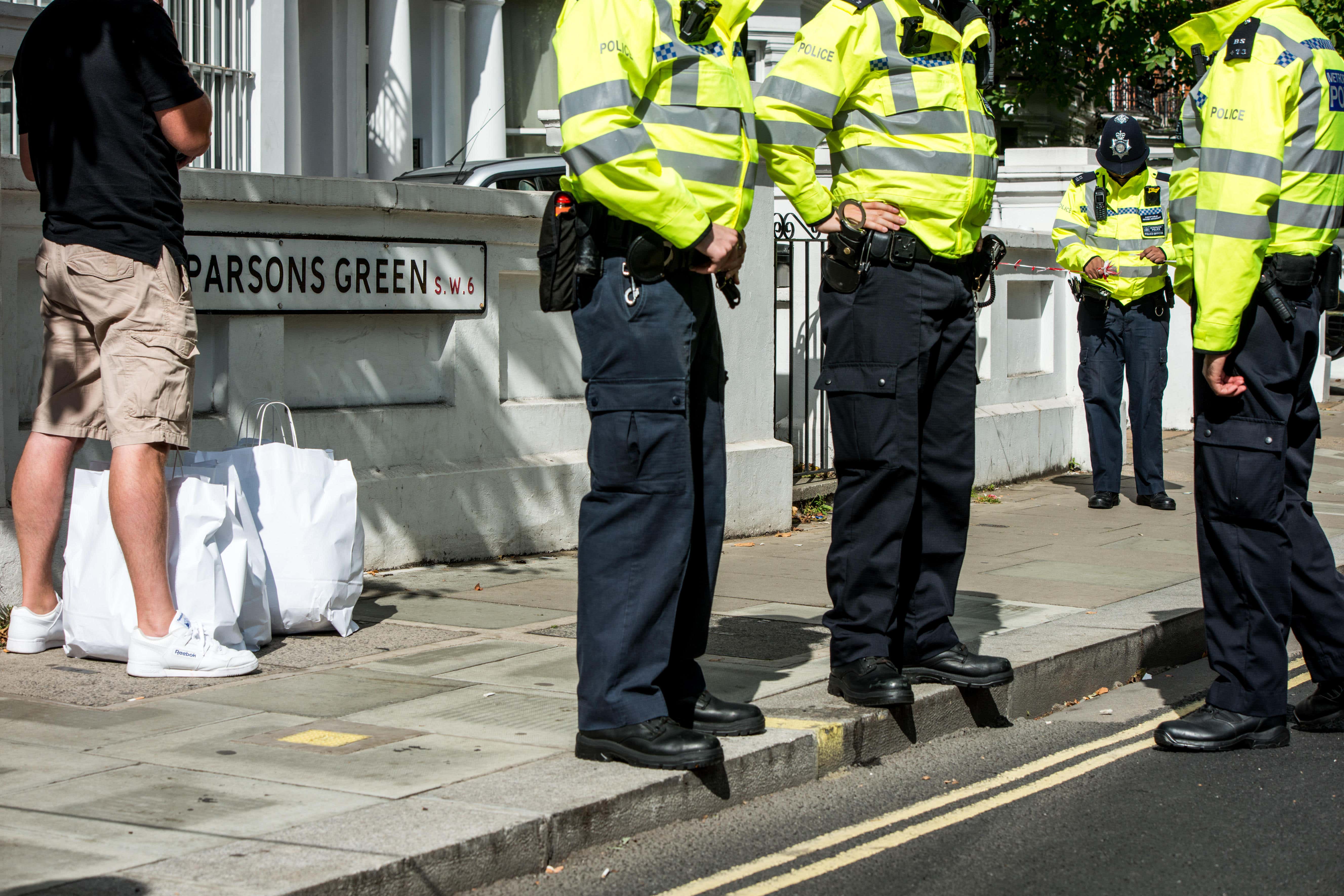Findings of long-awaited review of Prevent programme to be published – reports
The Prevent programme aims to stop people turning to terrorism.

A review of the Government’s anti-terror programme will reportedly warn that Islamist terrorism is being wrongly treated like a mental illness.
The long-awaited report assessing the Prevent programme – which aims to stop people turning to terrorism – is due to be published on Wednesday, The Telegraph reported.
Led by former Charity Commission chairman William Shawcross after being ordered by former home secretary Priti Patel in 2019, the newspaper said the report is expected to find officials failed to tackle the ideological beliefs behind Islamist extremism with “potentially serious consequences” because of a “medical mischaracterisation” of radicalisation.
The review is also said to conclude there was too much focus on the “personal vulnerabilities” of extremists so they were treated as victims rather than considering the threat they posed to the public.
According to reports, the review is also expected to confirm taxpayers’ money was handed by Prevent to groups promoting Islamist extremism.
Recommendations to overhaul the programme are expected to be accepted by Home Secretary Suella Braverman, The Telegraph said.
Last year Ms Patel hinted at reforms amid a litany of concerns about how the deradicalisation programme was working after it emerged several terror attacks were carried out by extremists who had been referred to Prevent.
They include: homegrown terrorist Ali Harbi Ali who murdered veteran MP Sir David Amess in 2021; Reading terror attacker Khairi Saadallah who murdered three men in a park and Sudesh Amman, responsible for stabbings in Streatham, both in 2020; and the 2017 Parsons Green Tube train attacker Iraqi asylum seeker Ahmed Hassan.
According to data published by the Home Office last month, schools are making the highest number of referrals to Prevent for the first time.
Schoolboys account for the highest proportion of people considered to be most at risk of radicalisation by the scheme, the figures also suggested.
There were a total of 6,406 referrals to Prevent in the year to March 2022. A third of all referrals were made about someone with “a vulnerability present” but no ideology or terrorism risk identified (2,127 or 33%).
The second-highest category was for referrals made amid fears about extreme right-wing radicalisation – 1,309 (20%).
This was greater than the number for Islamist-related concerns (1,027; 16%).
Some 154 (2%) of the referrals were due to concerns about school massacres and 77 (1%) were “incel-related”, the involuntary celibate subculture involving men expressing hostility and extreme resentment, mainly online, towards those who are sexually active, particularly women.